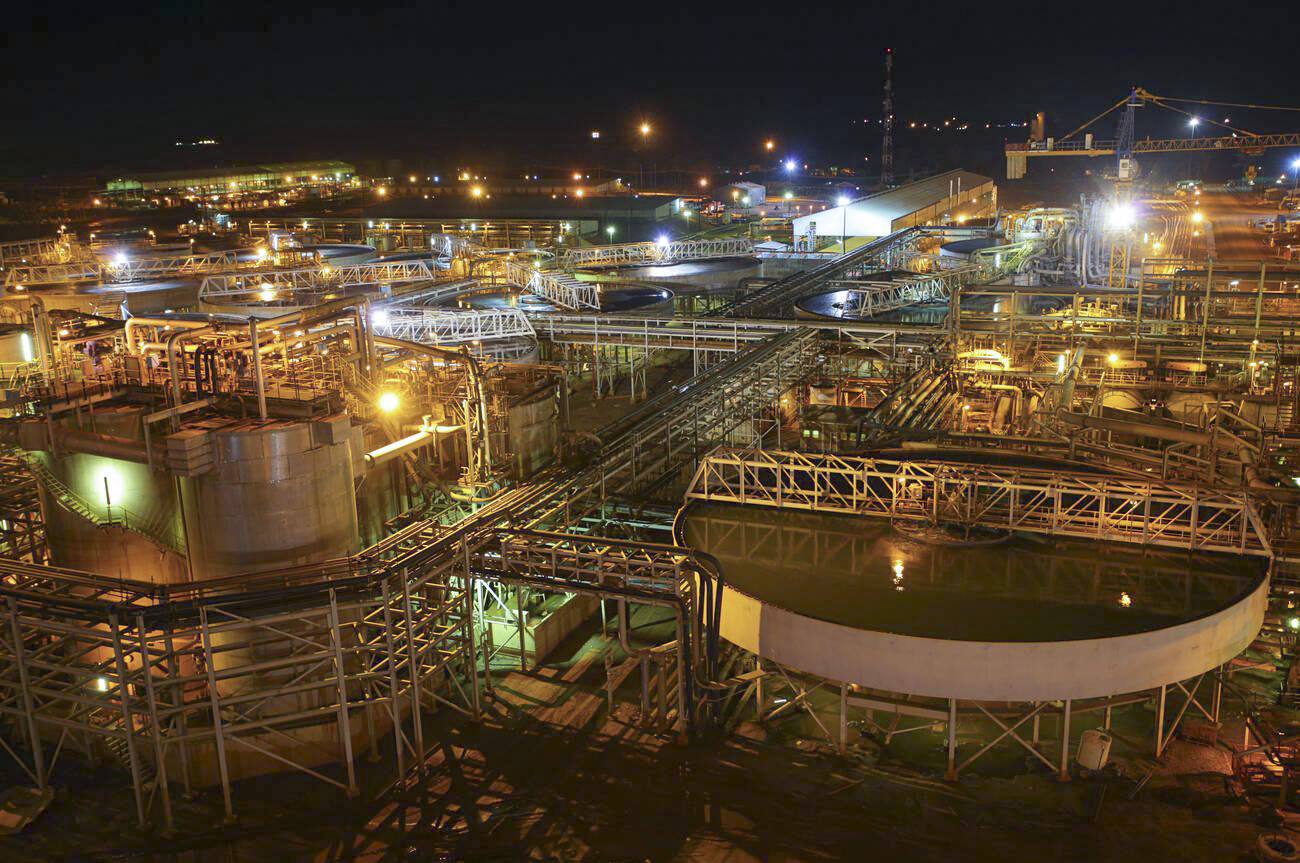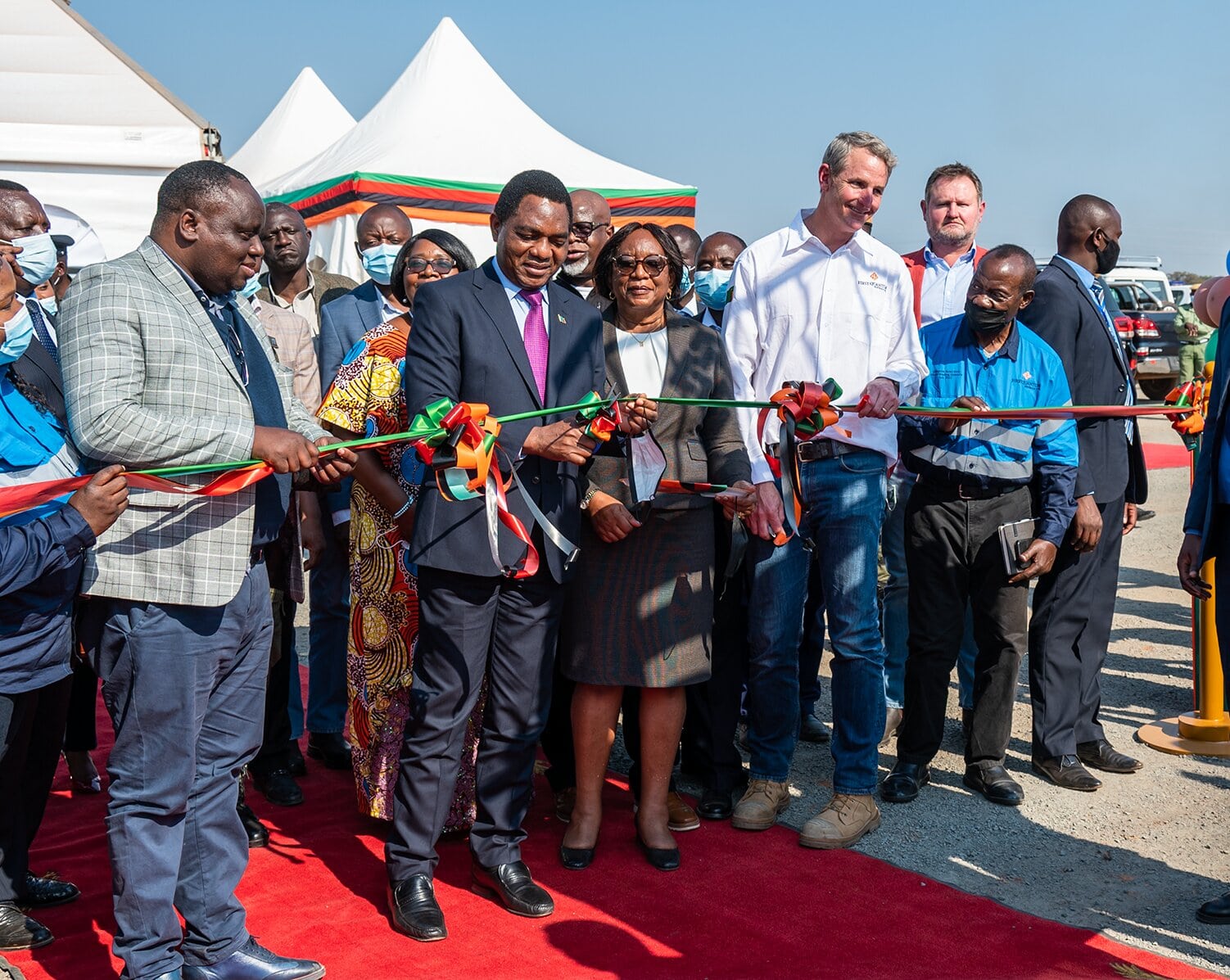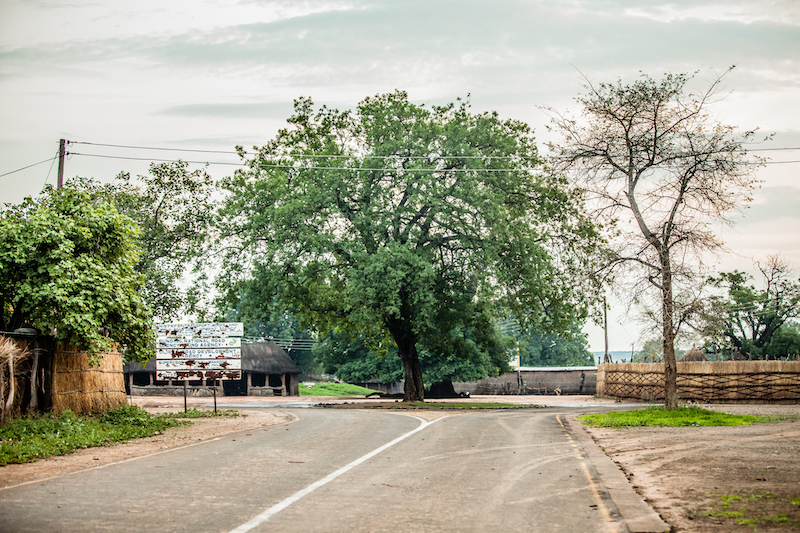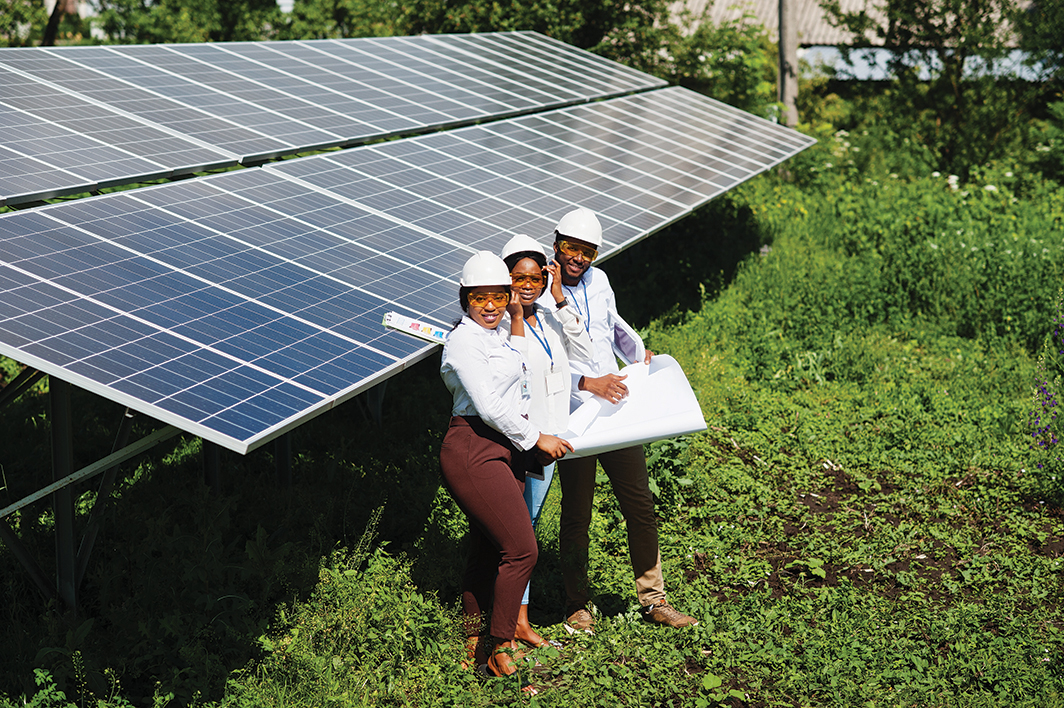One person’s waste may prove to be another’s treasure, so the popular saying goes. Simply explained, what may be trash to one person can be valuable to another. It is estimated by the World Economic Forum that more than 2 billion tons of waste are generated around the world every year – and disposing of it presents a huge challenge. And when we think of waste we conjure up visions of apocalyptic proportions such as plastics floating in the sea and killing all forms of aquatic life. We’re less likely to conjure up images of waste in its various natural forms, such as saw dust from timber or animal waste (for instance chicken waste that can be converted into chicken manure that delivers quality nutrients such as calcium, magnesium and sulphur). The latter can in turn improve soil structure. In the short-term, it has been proven to increase the organic matter content in the soil. In the long-term, it helps to loosen clay soils and provides more aeration.
We have a formidable challenge of pursuing economic growth and technological advancement while preventing environmental degradation. We can look to the Western world for lesson on development and sustainability but Africa’s problems and Zambia’s in particular are unique and require home grown solutions. With that in mind, other African countries have found ways to couple economic growth and sustainability with some creative ways to use what has been deemed garbage by others.
An article recently written by Maurice Oniang’o for the website Africa.com covers ten inspirational entrepreneurs that are turning waste into marketable products. One of the most notable of these ventures can be found in South Africa; a company called Repurpose Schoolbags has started an initiative that is “an innovative ‘green’ social startup founded by two childhood friends Thato Kgatlhanye and Rea Ngwane.”
In his article Oniang’o mentions how, ‘The two entrepreneurs’ invention combines recycling, solar energy and education by making backpacks for school children. The backpacks are made from 100 percent recycled plastics and incorporate a solar panel that charges during the day while the child is walking to school. This, in turn, serves as light sources for the children to study and do their homework after dark.’ It is amazing to see how the local challenges affected their response in creating a product that was specific to their community’s needs.
Oniang’o then states that, “Furthermore, the bags have been designed with reflective strips as a safety measure to make the children visible when walking to school early in the morning. This venture creates a solution to a problem facing rural and non-electrified parts of South Africa. Launched in 2014, Repurpose Schoolbags has grown, and today it employs eight full-time staff, six of whom are women.”
They collect plastic items from landfill sites and also in local schools that run campaigns to get their students to bring in plastics to be upcycled. The items are then taken to their workshop where they are processed into textile, then sewn into bags and then distributed. The workshop produces around 20 bags per day.
Another entrepreneur that Maurice Oniang’o focuses on is Bethlehem Tilahun Alemu. Alemu is the founder and managing director of soleRebels, a social enterprise that uses locally sourced and recycled materials to make footwear. Born and brought up in Zenebework, a low income area of Addis Ababa, Bethlehem’s venture is today, one of Africa’s fastest growing footwear brands. One of the reasons soleRebels stands out is that their products are 100 percent handmade using locally-sourced and recycled materials like old car tires, discarded clothes and hand-loomed organic fabrics. The enterprise employs experienced and highly-skilled local craftsmen who convert the recycled products into top-notch footwear products.
In Zambia there are also cases of people using waste to material to create new products, both in the mining and agricultural space. For example companies that have foundries such as Non-Ferrous Metal Works Ltd in Ndola and United Machining Works Ltd in Chingola are able to take waste non-ferrous metals and create spare parts for original equipment manufacturers to specification.
In the agricultural space, Lufwanyama Enterprises a saw milling company turns wood chippings into shavings that in turn act as bedding for poultry growers and this adds to both the hygiene and quality of the bird and in turn the waste urea that the chickens generate is then turned into fertiliser and acts as a naturally rich source of nutrients for soil of various crops. Not only has a natural ecosystem been built but also an economic one and one that is self-sufficient and interdependent. With the right type of environment and approach the saying ‘want not waste not’ my take on a very different meaning and the ‘wants’ and ‘waste’ may be of equal value.
Perhaps the most notable Zambia company making “treasures” out of trash is Tapeera Industries, founded by Mutoba Ngoma. Tapeera Industries was founded in 2009 and produces biofuel from used cooking oil, offering a more affordable alternative to fossil fuels and an innovative way “disposing” of used cooking oil. The founder was able to see an opportunity where others simply saw a product to be discarded and now Tapeera Industries has grown and is working with small scale Zambian farmers. Its subsidiary, Tapa Natural Chikondia, produces cosmetics.
All this to say, there is a whole world of possibilities to be explored regarding waste management. We can make use of some forms of trash to contribute to our economy, if only we employ a little creative thinking.















